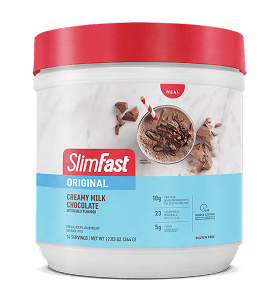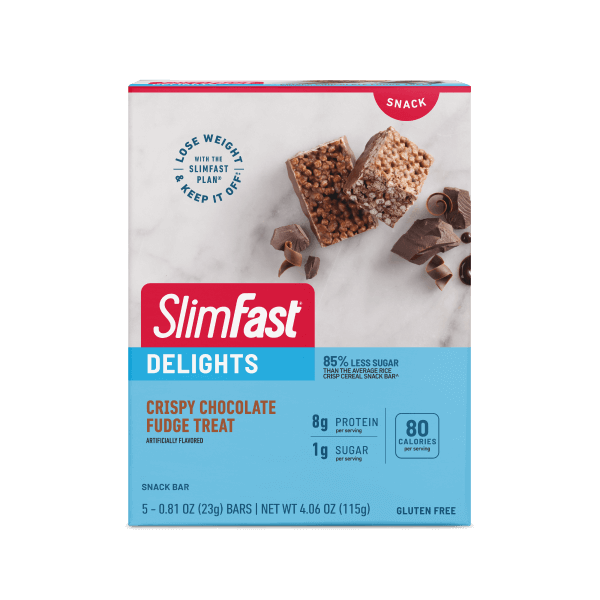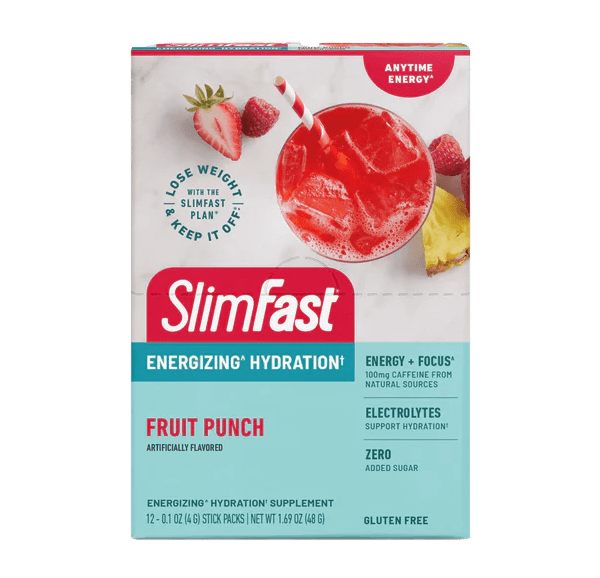

You know hydration is important, and that water is absolutely essential to our survival. Even though we know it’s important, many people don’t understand why appropriate water intake is so vital to our body’s ability to function. Below, we’ll look at why hydration is crucial, how electrolytes help to balance our fluid intake, and some quick tips on how to stay hydrated.
WATER, ELECTROLYTES, & HYDRATION
Water and electrolytes go hand in hand with hydration, so before we jump in, let’s talk first about the significance of water and electrolytes. Water is an extremely important molecule which makes up more than half our total body weight. It’s found in every single cell in the human body and every major body system from our immune system to our muscles. It helps to distribute nutrients to cells, remove waste products, support digestion, lubricate joints, regulate body temperature, and more. The second piece to hydration is electrolytes, because they work so closely with water. Electrolytes are made up of five main minerals: sodium, chloride, magnesium, calcium, and potassium. These are required by all aspects of the body in order to function properly. When it comes to hydration, fluid balance would not exist without the presence of electrolytes.
HYRDATION
Hydration is the body’s status of fluid in the tissues; dehydration is, of course, characterized by the lack of fluid in the tissues. The challenge here is that fluid balance is always in flux for many reasons. This is true because all individuals lose water and electrolytes to some degree every single day. We naturally lose water through metabolism, ventilation, skin, sweat, urine, and feces. We also lose more water and electrolytes the more we sweat, so our activity level affects hydration, which in turn affects athletic performance. Water and electrolytes are found in the foods we eat and the drinks we consume. Therefore, consuming too much or too little can also impact the level of hydration. The good news is that all healthy adults have mechanisms in place to keep electrolyte and water balance tightly regulated. It’s all a balancing act.
DEHYDRATION
Dehydration, otherwise known as hypohydration, occurs when the body fluid falls below the body’s needs. More specifically, dehydration is defined as a water loss greater than 2% of your body weight. Too little can cause the body to hold onto water and result in a higher concentration of electrolytes. This can come from an inadequate intake of water or excessive water losses. Too great of water loss can impact athletic performance, cause cell function to become impaired, reduce blood volume, decrease sweat rate, increase core temperature, increase rate of muscle glycogen use, and can largely contribute to fatigue. If fluid levels get too low, then it can be challenging to rehydrate and replenish electrolytes quickly.
OVERHYDRATION
Overhydration, otherwise known as hyperhydration, occurs when body fluids are over levels that the body needs. This can result from excessive water intake. Too much water can lead to diluted electrolytes in the body, leaving it unable to function properly. Generally this is only temporary, because the renal system can normally respond by increasing urine output. However, the kidneys can be overwhelmed by excessive amounts of water too fast. Drinking too much water too fast can dilute electrolytes in the body, which can potentially produce negative consequences on athletic performance and overall health.
HYDRATION & EXERCISE
How much you sweat is closely linked to hydration status. This is because sweat is primarily made up of water and variable numbers of electrolytes. Therefore, the more you sweat, the more water and electrolytes you may lose. The rate at which you sweat really depends on you and the context. Not everyone sweats the same. How much sweat is released during activity depends on your gender, age, body composition, fitness, level, environmental conditions, and activity.
QUICK TIPS TO STAY HYDRATED
Balance is key. Too much or too little water can have a negative impact. Here are five quick tips to stay hydrated:
- Carry a reusable water bottle with you and sip throughout the day and especially during athletic activity
- Set reminders to keep hydrated throughout the day and to track your fluids
- Be proactive with your hydration – don’t wait until you’re physically thirsty
- Eat foods with a high water content (watermelon, berries, cucumbers)
- Consider electrolyte-based beverages to help replenish water and electrolytes. Try SlimFast Intermittent Fasting Energizing Hydration Mix, made with electrolytes and caffeine from natural sources to help hydrate and energize on-the-go, all without breaking your fast.
In all, hydration is a highly regulated process, but can’t work efficiently without water and electrolytes. It’s important to help your body maintain fluid balance through adequate hydration and intake of electrolytes. Consider water and electrolytes next time you think about hydration!




